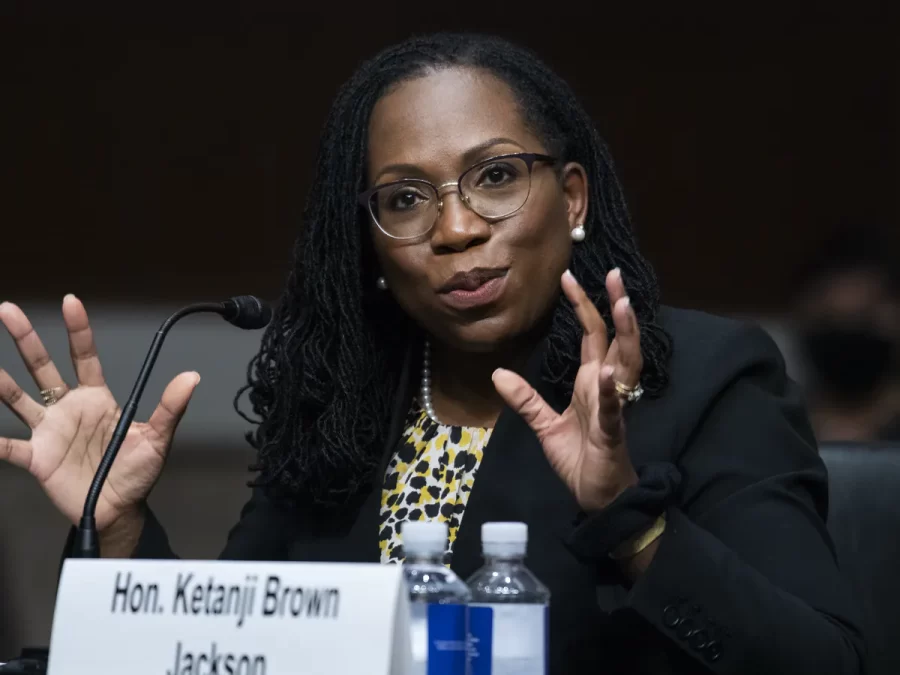Biden Nominates Ketanji Brown Jackson to the Supreme Court
On Friday, President Biden announces his nominee—Judge Ketanji Brown Jackson of the DC Court of Appeals—to replace Justice Steven Breyer on the Supreme Court.
Biden had earlier expressed an intent to make history by nominating the first Black woman to ever sit on the Court. The other two names floated for the job were Michelle Childs, a judge in the district court of South Carolina backed by Democratic Whip and Biden ally Congressman James Clyburn, and Leondra Kruger, a justice sitting at the Supreme Court of California. Some Republicans denounced Biden’s to search only within a race and gender identity, choosing to omit that conservative icon Ronald Reagan had once run on nominating the first woman to the Supreme Court, the promise that eventually delivered Justice O’Connor’s ascension.
In addition to becoming the first Black woman on the Court, Judge Jackson will also be the first former public defender. Judges who have experience as public defenders have proven to be more understanding towards defendants, as opposed to judges who used to be prosecutors. Historically, though, the path from the DA’s office to a court appointment has seen much more use than that from the public defender’s office. The Court has not been immune to this trend, as three of its members—Alito, Sotomayor, and Gorush—have served as prosecutors before ascending to the bench. With the death of Justice Ginsburg, who had served as a civil rights attorney before joining the Court, swaths of legal academia had expressed concern that the SCOTUS was becoming too prosecutor-friendly. Jackson will begin to allay this concern.
Judge Jackson’s appointment does not affect the conservative supermajority that dominates the court. Six justices considered to be conservative in their rulings—Roberts, Thomas, Alito, Gorsuch, Kavanaugh, Coney Barrett—have a defection to spare before worrying whether they can decide a case on their own. Jackson would likely join the Kagan and Sotomayor in the Court’s liberal wing, but justice’s behavior can be subject to minor change once they have ascended.
Although Jackson’s nine years as a judge fail to provide enough instances for commentators to understand exactly where she stands on today’s hot button issues, many took note of one particular case involving the Trump administration. In her decision on Trump’s refusal to follow a subpoena under the claim that he had a right to ignore them, Jackson called it “a proposition that cannot be squared with core constitutional values.” She further wrote, “stated simply, the primary takeaway from the past 250 years of recorded American history is that Presidents are not kings.” Her 118-page opinion suggests a judge prepared to reasonably rein in the executive branch and produce some memorable lines in the process.







